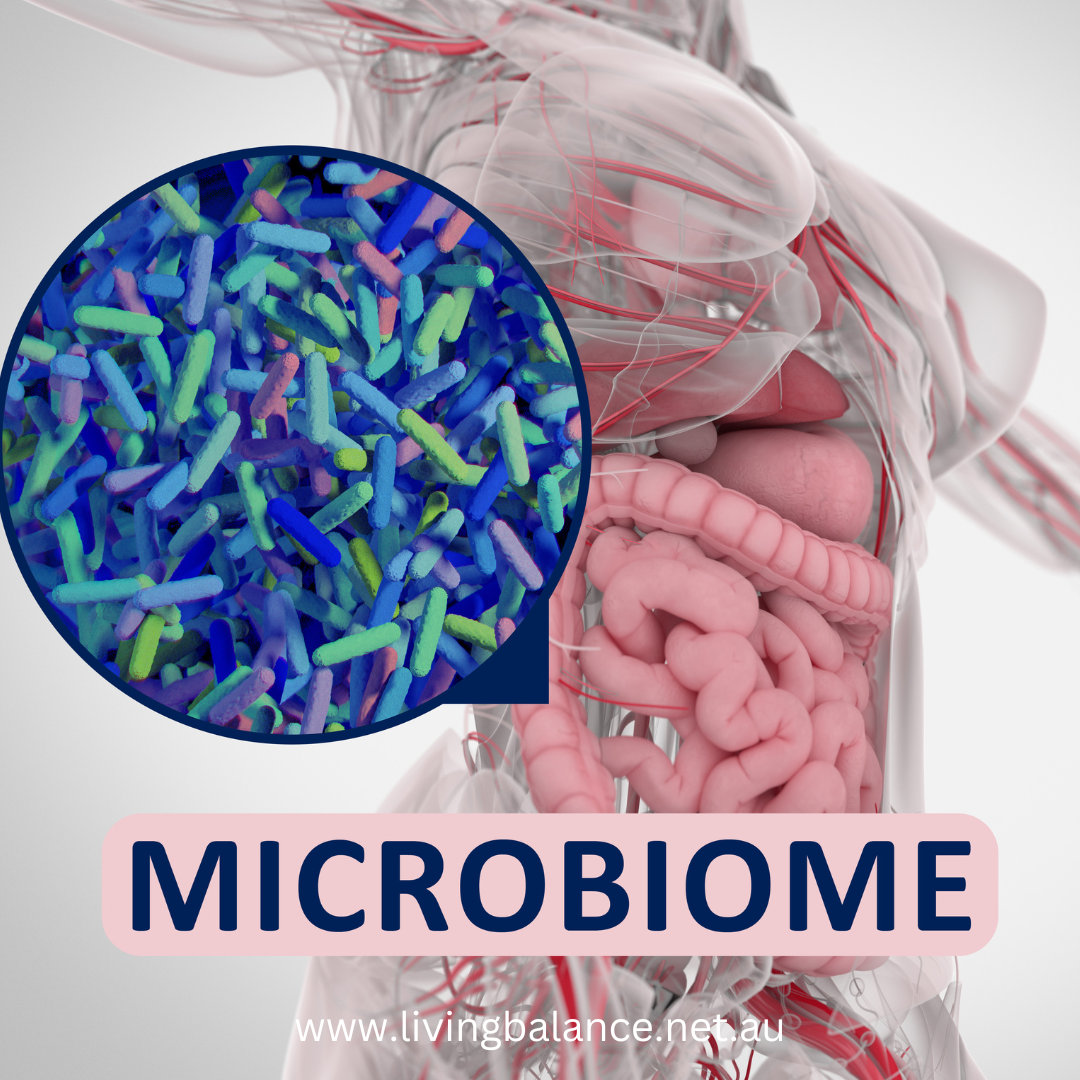
Whats the big deal about fibre?
Many people are aware that we need to be eating a diet high in fibre. If you don’t eat fibre, you could be heading towards some serious health issues.
Why is fibre important for your health?
Dietary fibre — found mainly in fruits, vegetables, whole grains and legumes — is probably best known for its ability to prevent or relieve constipation. However, other benefits of eating a diet high in fibre includes helping to maintain a healthy weight and lowering your risk of diabetes and heart disease.
What is dietary fibre?
Dietary fibre includes the parts of plant your body can’t digest or absorb. Unlike other food components, such as fats, proteins or carbohydrates, which your body breaks down and absorbs, fibre isn’t digested by your body. Instead, it passes relatively intact through your stomach, small intestine and colon and out of your body.
There are two different types of fibre – soluble fibre which dissolves in water, and insoluble fibre which doesn’t dissolve.
Soluble fibre dissolves in water to form a gel-like material. It can help lower blood cholesterol as well as slow the absorption of sugar and help improve blood sugar levels. Soluble fibre is found in oats, peas, beans, apples, citrus fruits, carrots, barley and psyllium.
Insoluble fibre promotes the movement of material through your digestive system and increases stool bulk, so it can be of benefit to those who struggle with constipation or irregular stools. Insoluble fibre is found in whole grains, nuts, beans and vegetables, such as cauliflower, green beans and potatoes.
Most plant-based foods, such as oatmeal and beans, contain both soluble and insoluble fibre. However, the amount of each type varies in different plant foods. To receive the greatest health benefit, eat a wide variety of high-fibre foods.
As an added bonus, high-fibre foods tend to be more filling than low-fibre foods, so you’re likely to eat less and stay satisfied longer. And high-fibre foods tend to take longer to eat and to be less “energy dense,” which means they have fewer calories for the same volume of food.Therefore a high-fibre diet can aid in achieving a healthy weight.
Resistant starch is also important for bowel health. Bacteria in the large bowel ferment and change the resistant starch into short-chain fatty acids, which are important for bowel health.
A sudden switch from a low- to high-fibre diet can create abdominal pain and increased flatulence. So increase your fibre intake gradually and add it from food rather than supplements.



